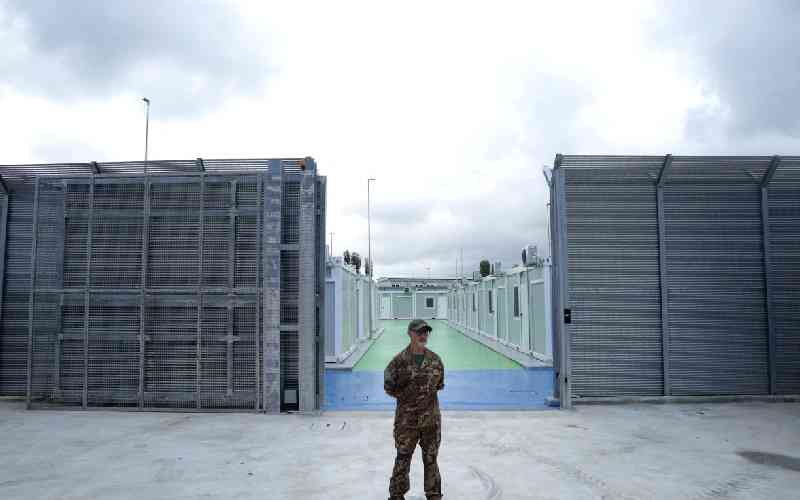×
The Standard e-Paper
Kenya’s Boldest Voice

The first migrants sent by Rome to Albania under a controversial deal that is being closely watched in Europe arrived Wednesday, though just hours later four of them had to be sent to Italy.
The 16 males from Bangladesh and Egypt disembarked from an Italian navy vessel in the port of Shengjin three days after they were intercepted in the Mediterranean.